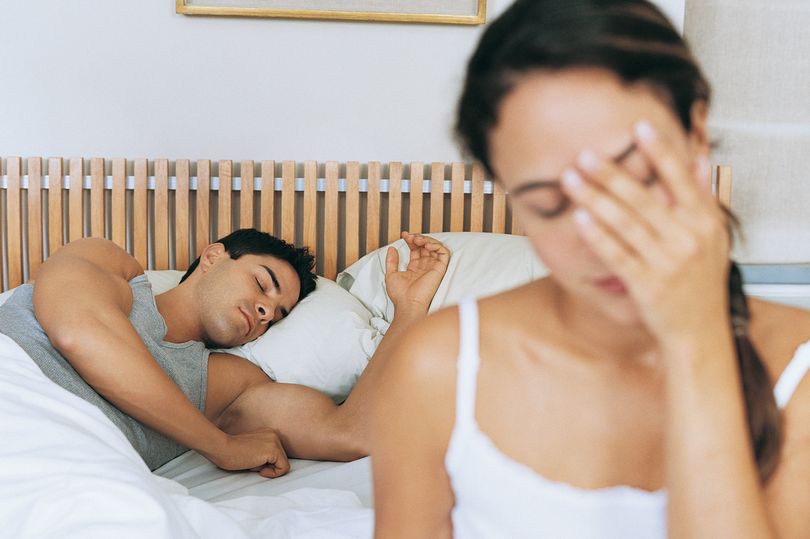Once known as somniloquy, sleep-talking is technically a disorder where a person will talk in their sleep without knowing they’re doing it.
In terms of what they’re likely to say, it could be anything, from complete nonsense to long and profound speeches.
More prevalent in kids and males, anyone who knows they sleep talk may have been left red-faced on the odd occasion.
With good reason, as it turns out.
Research conducted by Dr Isabelle Arnulf has shed some light on the sort thing sleep-talkers are likely to blurt out – and it’s not great.
What Dr Arnulf’s research found, the Metro reports, was sleep talk is most likely to consist of negative and vulgar words.
Which is quite awkward…
232 adults participated in the research. 129 of whom had REM sleep behaviour disorder, 87 experienced sleep walking or night terrors, one who had sleep apnea, and the rest had no sleep-related disorders.
All participants were recorded as they slept over the course of a few nights, with what they were saying being picked up on.
While the most common word said was “no”, 24 per cent of sleep talk was found to contain negative content, and 22 per cent included ‘nasty’ language.
Oh, and almost 10 per cent of all sleep talk episodes involved swearing, with ‘f***’ being said 800 times more frequently in participants’ sleep than when they were awake.
It’s not all bad news though.
While we may be potty-mouthed in sleep, our grammar remains solid.
“What we now know is that sleep talking is very similar to talking awake, in terms of correct grammar, with subordinate sentences, and silence for other[s] to answer, as in awake turn of speech,’ Dr Arnulf told MNT .
“The differences are qualitative: nocturnal language is negative, tense, more vulgar, and addressed to somebody, not to oneself.
“It suggests that the brain uses the same networks as awake, and that sleep talking translates the concomitant dreaming activity, which is tense, too.”












